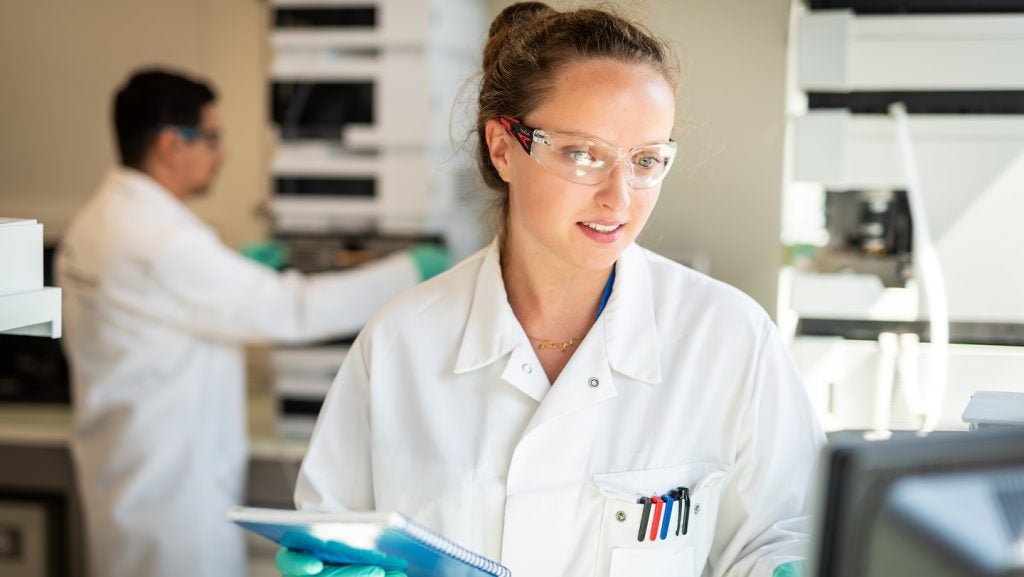Engineering and technology company Technip Energies has announced a technology transfer agreement with Shell Catalysts & Technologies.
This move will expedite the commercialisation of its Bio-2-Glycols technology for biobased mono ethylene glycol (MEG) production from glucose.
MEG, a key component in manufacturing polyesters for packaging, is traditionally derived from fossil-based feedstocks.
Through this acquisition, Technip Energies plans to provide a biobased polyester solution, replacing fossil-based feedstock with a biosourced monomer.
This sustainable initiative enables the production of Bio-2-Glycols technology with reduced carbon footprints and less environmental impact.
Technip Energies' CTO Wei Cai said: “We are pleased to have completed this agreement which allows us to propose an optimised, combined solution to make bio-MEG, a common feedstock for various everyday life applications.
“We are confident about rapidly commercialising our Bio-2-Glycols technology. Our objective is to offer this technology in 2025 which will contribute significantly to the net-zero challenge.”
The agreement will integrate Shell's research and development with Technip Energies' bio-MEG technology, creating more efficient, biobased MEG technology.
The integrated technology will be commercialised under the Bio-2-Glycols trademark.
Technip Energies is expanding its presence in sustainable chemistry and carbon dioxide management.
The company operates in 34 countries and employs 15,000 people.
Shell Catalysts & Technologies president Elise Nowee said: “By integrating Technip Energies’ expertise with our own development work on Bio-2-Glycols, we're poised to expedite the deployment of sustainable alternatives to fossil-based feedstocks, driving innovation, and together, paving a way for a more efficient and sustainable solution in this area.”









